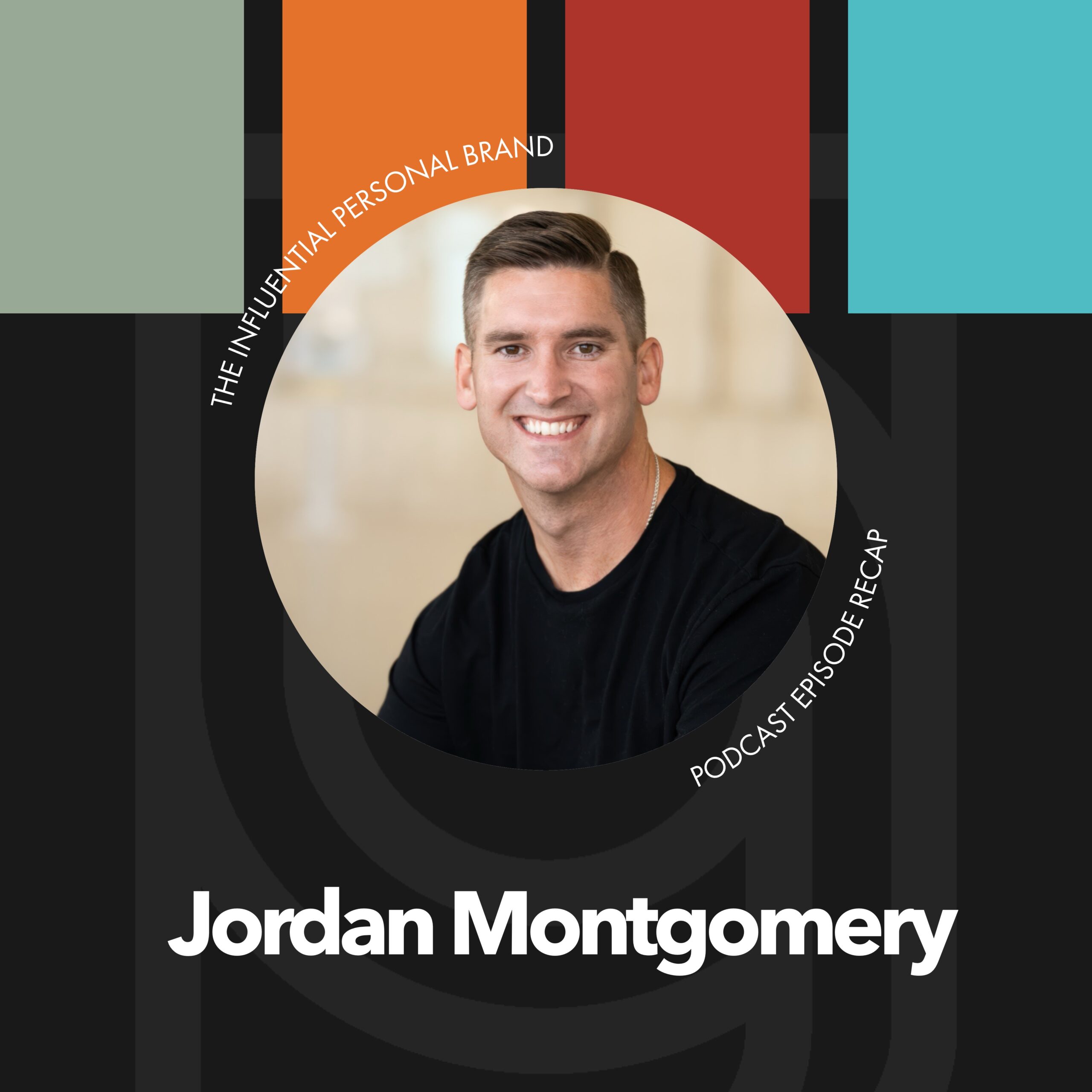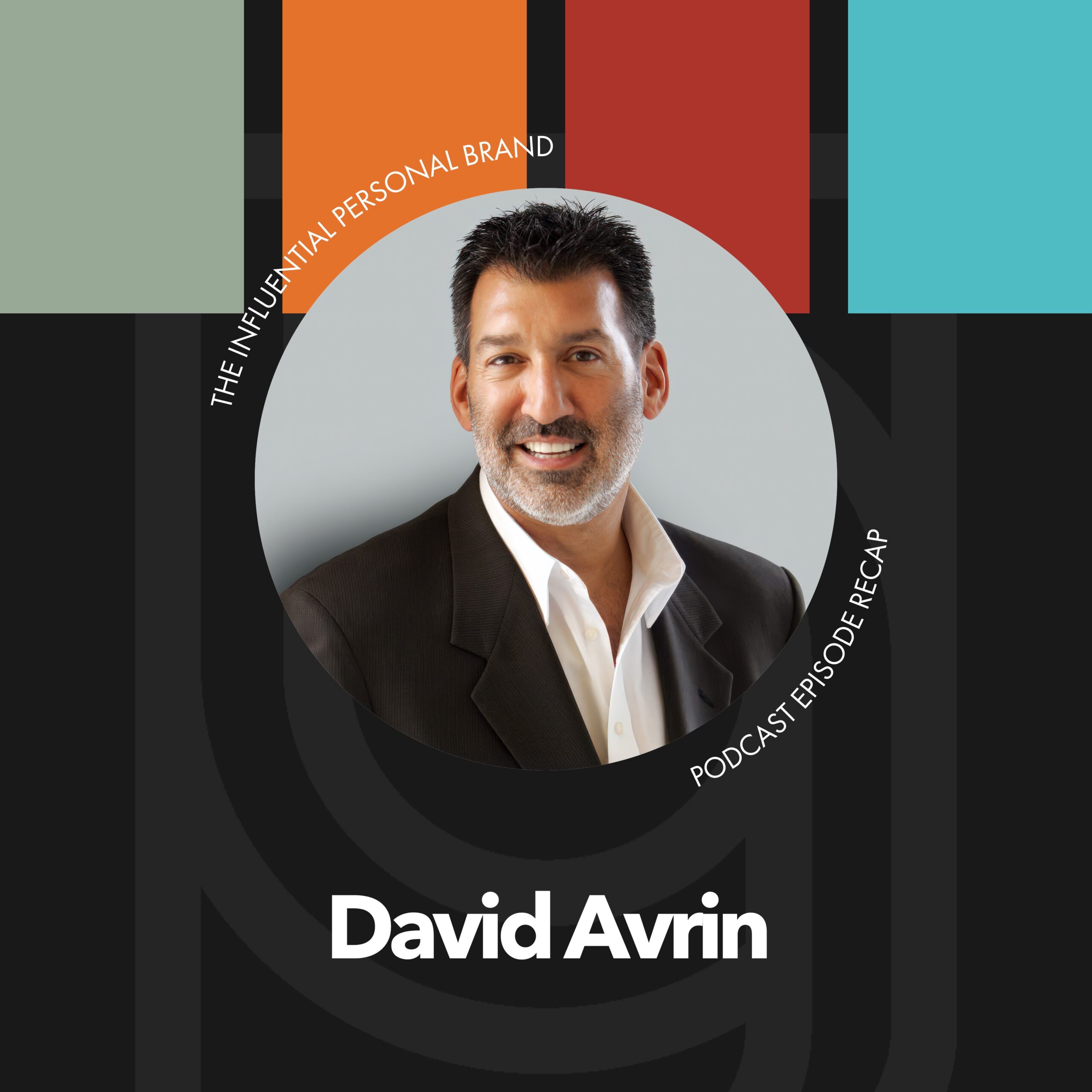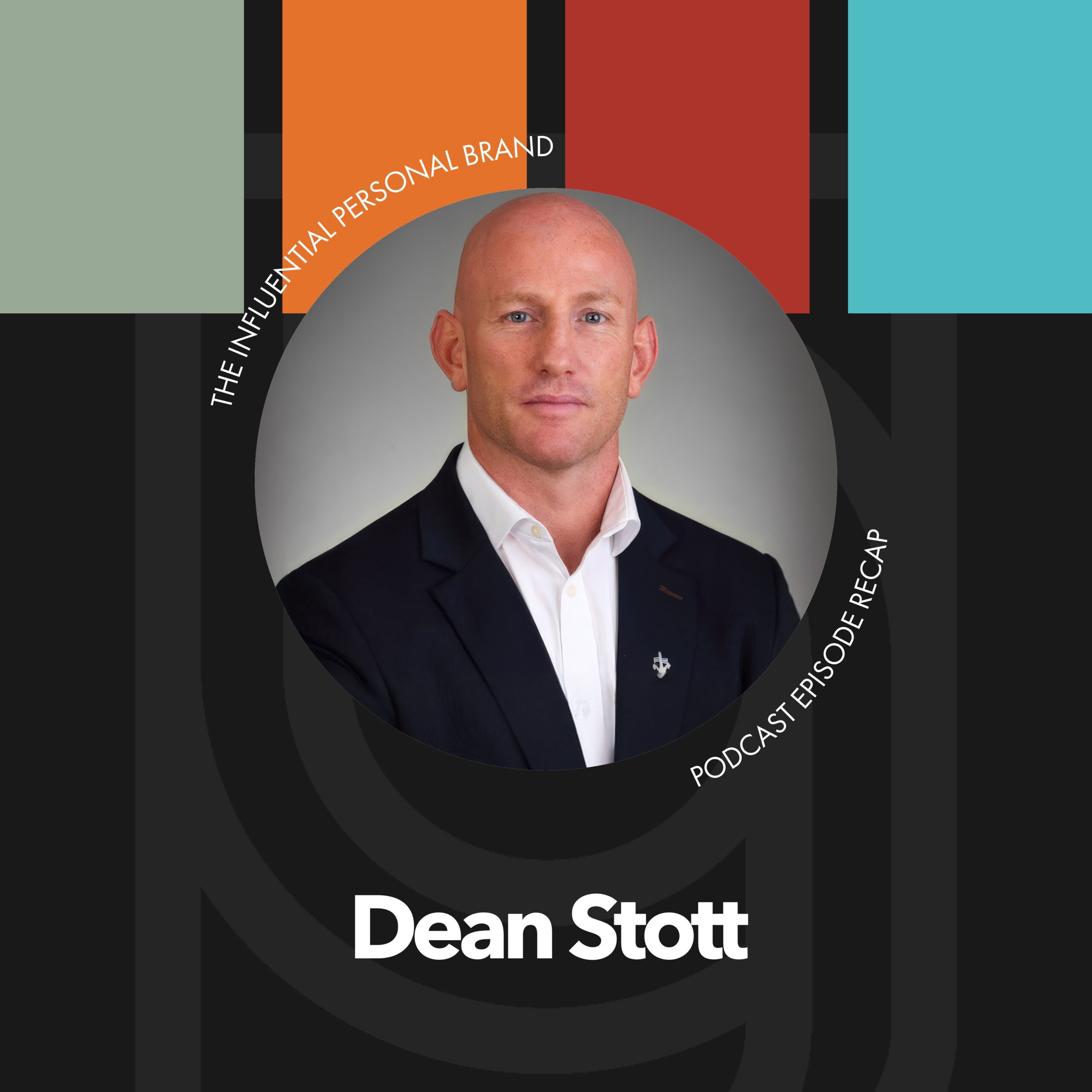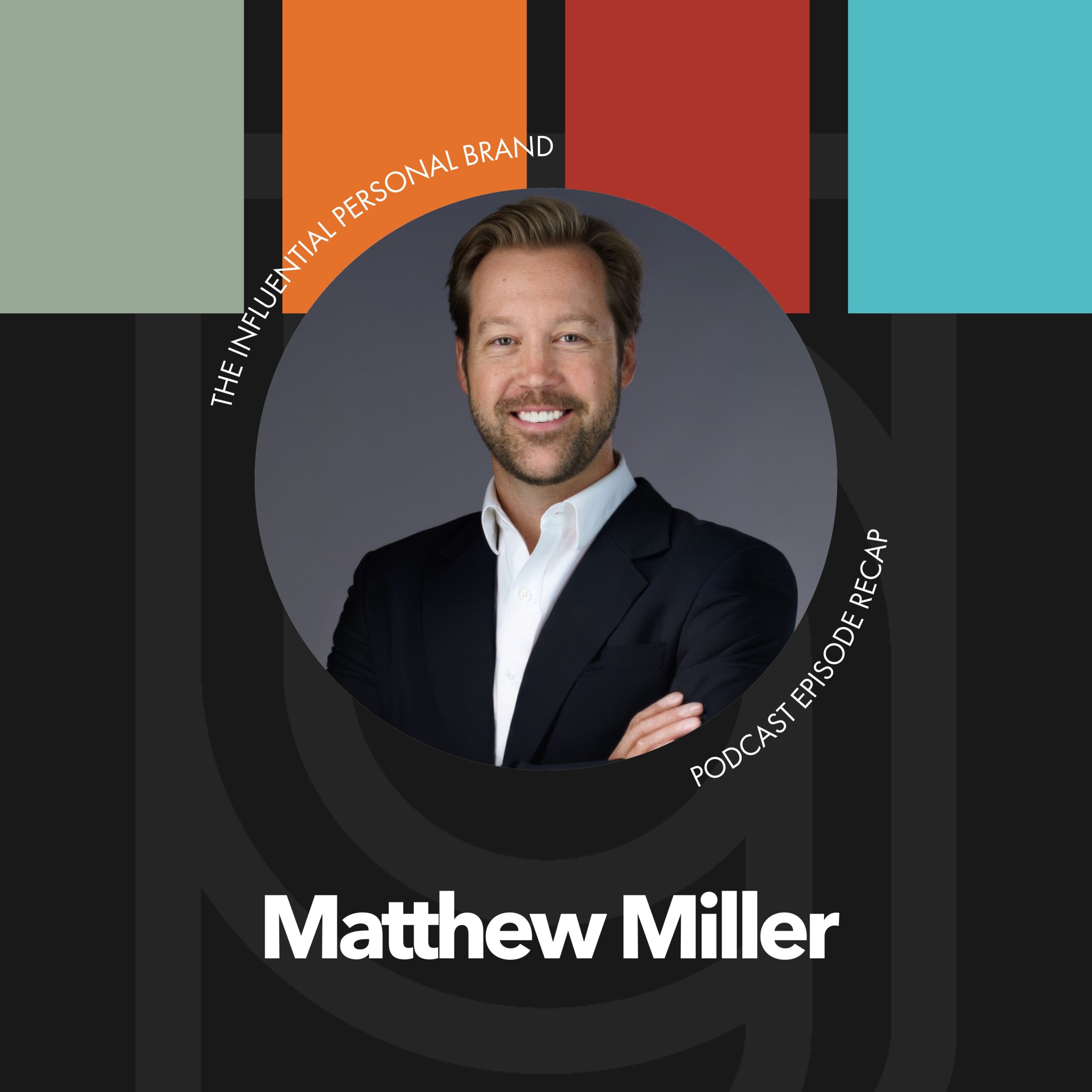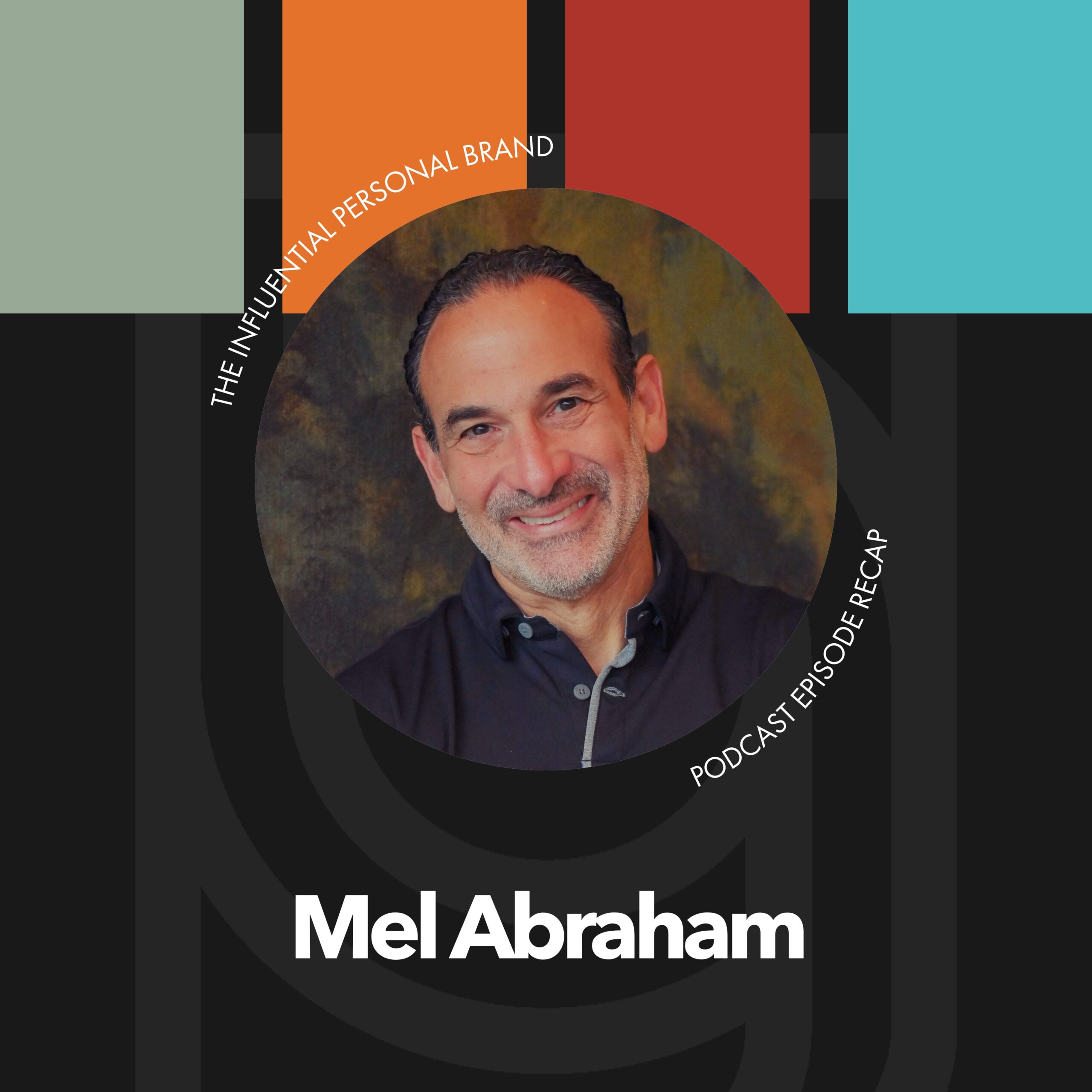RV (00:02):
High performance secrets from NBA superstars. What a fascinating conversation with Alan Stein. And man, I loved that more than I, more than I thought I would. You know, I’m just not, I’m not a huge sports guy anymore. Although I used to be, it was like my whole life growing up as a kid was Chicago
Speaker 2 (00:20):
Bulls.
RV (00:22):
But what a tremendous conversation, if you didn’t listen, go back and listen. It is fantastic. I’m gonna share with you some of my highlights. If you didn’t pick this up Alan was a skills trainer for NBA superstars and I’m talking superstars, Kobe Bryant, Kevin Durant, step Curry. This guy was in the gym, working with them and you know, has written a book and started as a speaking career, sort of, sort of talking about it. And, and so I’m gonna share with you my three top takeaways from the interview of what hit me and also what I’ve been, what, you know, how I, how I interpret and internalize all these conversations. And the first one is really from Kobe Bryant. So it’s coming from Kobe Bryant by way of Allen,
Speaker 2 (01:07):
But Kobe said something so important. He said the best, never get bored with the basics. The best never get bored with the basics and from somebody that was so spectacular as a player,
RV (01:23):
As a performer, as Kobe Bryant,
Speaker 2 (01:25):
To
RV (01:25):
Hear him
RV (01:26):
Say that is, is moving to me and it’s inspiring to me and it’s validating for me and it’s edifying for me because I agree with that the best don’t get bored with the basics because the basics are what hold everything up. The, the really I would, I would say the, the people who are the best are the best, because they’re the best at the basics. They’re not the, they’re not the best at the exceptional. They’re not the best at the flashy. They’re not the best at the extraordinary. They’re brilliant at the basics. And that’s the thing to ask yourself, are you brilliant at the basics? Are you like, are you brilliant? Are you executing the fundamentals? Are you doing the things consistently that need to be done to grow your business? And, and when I think of like sales, right? I go, referrals are the basics.
RV (02:14):
It’s the fundamentals, but it’s the only thing you need. Like, are you asking for referrals in your business? If you are, you’re probably succeeding or you will be soon when, when you look at marketing and you go, are you putting out content consistently in many different places, right? Our content diamond formula that we teach are, are you following that? Are you doing it consistently? If you’re trying to be a speaker, are you speaking consistently? Are you, are you, are you on podcast interviews consistently? Are you, are you being brilliant at the basics? And personal branding is no different. Like these are the things every single weekend and week out, I gotta create a video. I gotta create a podcast. Our team’s gotta run a production
RV (02:53):
Schedule to just keep things going.
RV (02:55):
We gotta drive leads. Our sales team has to show up. They have to, you know, have conversations. They have to call follow up. They have to close. We have to onboard new people. Like we have to, we get to, we get to do all those things. And, and if, if the basics are good enough for Kobe Bryant, the basics are good enough for me. They should be good enough for you. And it’s, it’s the secret. It’s the truth. Like here’s the irony is I think people look at superstars and they go to superstars thinking if I could just get access to this superstar, then they’ll teach me the secrets. Then, then like, there’s, there’s some hidden playbook that we’re looking for. We, we convince ourselves that, that there’s something that they know that we don’t know. And if we could know what they know, then all of a sudden everything would be unlocked.
RV (03:44):
And there is a secret that they know that we don’t know the secret is there. Isn’t a secret. There isn’t a secret. The secret is to be brilliant at the basics, or as Kobe says the best don’t get bored with the basics. And so they’re not chasing flashy. They’re not chasing fancy. They’re not, they’re not chasing the spectacular they’re mastering, dominating and becoming brilliant at the basics. And so the question is, are you, am I, are we, what are the basics in your business? And are you dominating them? Are you mastering them? That was just so, so powerful for me. The second takeaway from that conversation with Alan was when he said these ultra performers, these superstar athletes have an amazing blend between confidence and humility, confidence, and humility. And I totally agree with that. I’ve seen the same thing over and over with ultra performers that I’ve been around in my life.
RV (04:52):
You know, and, and people think they, they get this mixed up. This is an important distinction. And it’s a balance that you need to understand that that confidence and humility are not at odds with one. Another confidence is not the opposite of humility. Pride is pride is the opposite of humility. Like being prideful is, is like, that’s more about who you’re doing it for, right? To me, confidence is the way you’re doing it, but pride is who you’re doing it for. And so when, when, when you have confidence, the way you’re, it’s the way you’re doing it, you’re doing it bold. You’re doing it aggressive. You’re doing it assertive. You’re, you’re, you’re doing it. You’re doing it with fire. You’re doing it with passion. You’re, you’re all in. You’re leaning into it. You are, you are, you are utilizing and accessing and withdrawing and leveraging and polling and investing every asset you have into to what you’re doing, the way you’re doing it and doing it well, pride is totally different. Pride is who you’re doing it for pride, prideful and
RV (05:56):
Being prideful is like, I’m doing it for me. I’m number one. I want everyone to see, you know, how great I am to me, that’s pride. And that’s the opposite of humility. But I think people, especially, if, if I may say, I think Christians are, are an interesting subgroup of people who struggle with this. At least I can speak for myself as a Christian, right? Because it’s like the meek inherit shall inherit the earth and, and humility is valued. And so it almost feels like if I’m being confident, I’m somehow being unholy, I’m being unspiritual or are I’m, you know, I’m, I’m not, I’m being less Christian, but I don’t see those at conflict at all. At least not now, I’ve been able to reconcile. I do see pride as being an issue because pride is doing it for me, showing the world, look at me, look how awesome I am.
RV (06:44):
Y’all need to respect me. And you bow down to me. And pride is a massive problem because it is in conflict with, you know, the first commandment of like no other God’s before me, where it’s like, humility is my life is in service of God. And my life is in service of the people around me. It’s not about elevating me so I can be humble and extraordinarily confident at the same time, I can be bold and humble. I can be confident and meek. I can be aggressive and assertive, assertive, and, and still be holy. But pride is different. Pride is like, I’m taking up the space of the most important of the most high, and that’s a problem. But and that’s different even than, than taking pride in your work. I think that’s different than being prideful. So these players, you know, probably take pride in their work, but they’re not prideful.
RV (07:38):
It’s not look at me. I’m the best. I’m the man y’all bow down. They’re they’re but they are extremely confident. I can take that shot. I’ve I’ve practiced this thousands of times. I loved, I loved when Alan said this in the interview, he said, if you hadn’t seen how many times Steph Curry had taken these millions of shots in an empty gym, you wouldn’t be as impressed when he makes 12 threes in a game. Right? It’s you know, for most of us like, oh my gosh, 12 threes, this is in a game. This is superhuman, but you go, nah, he’s like hitting 12 threes in an hour all the time, because he’s shooting millions and millions and millions of shots. It wouldn’t seem that like, you know, it just wouldn’t be that much of a superhero, cuz it’s like, it’s, it’s more like muscle memory.
RV (08:22):
And so I think that’s, what’s really cool is you can be confident and bold, but you can also have the humility to put in the work and, and focus on the basics and to keep practicing. And you know, I, I loved when he was telling the story about how Kobe was, you know, most players are working out once a day, the best are working out twice. Kobe’s working out three times a day, he’s leaving his first workout by the time people show up. And it’s like, he realized that if I do that every day, no one will ever catch me. Like over the course of a day, it doesn’t add up to much over the course of a, of a week. It doesn’t add up maybe to much, but over the course of a season, two seasons, five seasons, you know, a decade, it adds up so much.
RV (09:03):
So this blend of confidence and humility, you can have both, they’re not competing. They’re totally reconcilable. And you need both, at least, you know, this is a high performing secret of NBA superstars. According to Alan, which I concur with. And then the third one actually I thought was super relevant, especially for personal brands. Now at brand builders group, I think there’s sort of three core audiences that we serve. And, and I, I think of them as experts, entrepreneurs and executives. So experts are like speakers, coaches, trainers entrepreneurs are people who are more like professional service providers or direct sales people, or just, you know, they have some type of business and they’re, they’re not selling a product related to their expertise per se. They’re, they’re just driving leads for their existing product or their existing business. And then you have executives who are mostly on the hunt for a raise or promotion or maybe getting hired at some other company or, or just industry visibility.
RV (10:01):
But when I look at the expert portion of our audience, speakers, coaches, and coaches specifically, this was super relevant because, you know, I asked Alan, I said, you know, are you ever like insecure that, that you’re coaching the best players in the world? Like clearly they’re better than you are. And yet they’re receiving coaching from you. And I, I loved what he said, as he said, I knew they were better players than me. And they knew they were better players than me, but that doesn’t exclude them. That doesn’t exclude me from being able to add value to what they’re working on. Right? Like that doesn’t exclude me from being able to help them. And that was a really powerful and an important moment because you know, a lot of you, if you’re coaches or speakers, it’s like, you don’t necessarily have to have done something at the level or to the full extent that somebody else has.
RV (11:03):
You need to be an expert, you need to have results. You need to know what you’re doing, but you can still add tremendous value. So first of all, there’s, there’s that right? You can still add value, but the other part that hit me was going, there’s a big difference between being the world’s greatest player and being the world’s greatest coach. There’s a big difference between being the world’s greatest player and the world’s greatest coach. They’re not the same thing, many most nearly all of the world’s greatest players were never the world’s greatest coach. In fact, in all of professional sports, it’s extremely rare where a player wins a championship as both a player, and then goes on to win a championship as, as a head coach. Now, I, I look through this up a little bit and it’s, it actually has happened more often than I not specifically in basketball in football it’s like Mike, Mike DKA and Tom Flores.
RV (12:03):
And like Gary Koyak, there’s only a few in football where the, they won a super bowl as a player, but then also won a championship as a coach. And, and, you know, specifically as a superstar, like, I, I wouldn’t, I don’t, I hope he wouldn’t mind. I, I wouldn’t think of Gary Kubiak as a superstar player. He was a great player. I was Denver Broncos, right. I was Broncos fan. So I, I, I watched Kubiak, but a great coach and you know, an amazing hall of fame career. But my DKA, I would say was, you know, superstar and one as a coach, but that’s very, very rare now in the NBA. Steve Kerr did it you know, of course won championships with the bulls and then also won as a, as a coach. And Phil Jackson has done it, you know, but mostly as a coach, I think nine rings as a coach and two as a player.
RV (12:53):
And again, I wouldn’t think of him as a superstar player, but he is one of the greatest coaches of all time. And I didn’t know this, but Patrick Riley won a championship as a player. And then also, you know, as a, as a coach, but bill Russell was a superstar player and also won championships as a coach. But outside of like those, I, there weren’t a ton. Like it doesn’t happen that often. And, and, and even when it does it, doesn’t, it doesn’t exclude this point here. That there’s a difference between being the greatest player or one of the world’s greatest players and one of those greatest coaches. And it’s very rare and hard and not necessary to be both. And I think about this at brand builders group, right? Like, you know, we’re coaching many of the biggest personal brands in, in the world, right?
RV (13:36):
I I’m I’m or, or coaching advising, you know, being their strategist, I guess, is the technical term, but like ed, Mylet got way more followers than we do. He makes a lot more money than we do. He’s sold a lot more books than his launch than we did, but he’s humble enough to invite in somebody like, you know, us because we know something about it. And, you know, you, you, you take his reach his reputation. I mean, his, the success of his book launch is because of him. I mean, there was a whole team that helped him. We were part of that team, but it was really because of, of him, but yeah, our system helped. Yeah. We coached him through it. Yeah. We, we have a process that really made a difference and you know, of course he’s been super generous and, and grateful publicly about that.
RV (14:22):
And, and it just shows you that going, Hey, I’ve never performed in terms of, in some of those metrics as, as the way that he has. He allows me to speak into that Louis House, same thing, Eric Thomas Tom and Lisa BIU these, you know, we we’re, we’re getting more and more, we’re working with these very, very like high profile clients because we get really good results and we, you know, the word is spreading that what we do actually works and it’s ethical and it’s honest and all that stuff. So personally I experienced this now. I think I’ve performed in many ways. Like if you say personal branding, you know, speaking author, there’s many ways that I’ve I’ve been a great player. I don’t know if I would say superstar, I mean, a hall of fame speaking and, and New York times bestselling author are, I mean, I guess very legitimate things, but it doesn’t matter.
RV (15:12):
The point is for you, if, even if you’ve never been the greatest player, you’ve never been a superstar. You can still add value like Alan who, who was interviewing. He’s not gonna be in the NBA hall of fame yet. He’s coaching some of the best players in the history of the game, because he knew the game really well. And he was a great coach. And so I just hope if you ever have that, that sort of imposter syndrome of like, ah, you know, am I qualified to coach entrepreneurs who do better than me? You go, well, sh sure you might be, you might not be, but you might be, if you have legitimate insights that can help them, even if you’ve never been to that level yourself. Now that said, I really pride myself and AJ really prides herself. We pride ourself as a culture at brand builders group that we teach people to do things that we do and that we have done.
RV (16:04):
So, you know, we’re not teaching someone like ed, Mylet something that we haven’t done ourselves or tried out. It’s just, we’re teaching of something that we know that we know works. And then because of who he is and his reputation and his reach and his trust and all of his other relational capital and all the other assets that he has, it’s just, it, it’s a, a bigger result on a, on a grander scale. So, you know, it’s just kind of a balance, right? But like, don’t feel that imposter syndrome that just because someone’s older than you, or you know, maybe you think somehow smarter than you, or maybe they make more money than you, or they have a bigger business than you. It doesn’t exclude you from being able to add value to what they’re doing just in and of itself. And then also going well, yeah, the greatest players don’t hire the other greatest players to teach them.
RV (16:55):
They hire the greatest coaches. So you go, maybe I wasn’t, maybe I’m not the greatest player, but I’m gonna focus on being one of the greatest coaches who’s ever, you know, been in this profession. That’s awesome. Right. I mean, Phil Jackson has nine rings as a coach. I think it’s nine and two as a player. And it’s like, people think of him as a coach, one of the greatest coaches of all time, like he’s coaching Michael Jordan, you know, Kobe Shaq. Incredible. So just keep that in mind. And again, at this points to how insecurity and self-doubt is always, you only feel those things when you’re thinking about yourself, you don’t think about them when you’re, when you’re thinking about other people, when you’re just going, I’m here to help. I’m here to serve. I’m here to add value to you. I’m here to make a difference in, in your career, in your life.
RV (17:43):
I’m not worried about what you think of me or what my credentials are. I am here focused on you. I’m here to help you. That is a part of the essence of what makes a great coach even, and especially at the superstar level. So thank you for being here. Thank you for the honor of allowing us, me, AJ, our team at brand builders group to speak in your life. It it’s a, it it’s, you know, preaching to the choir here by, by definition, you’re here. Listening is a sign of, of humility and coachable coachability, and also hopefully confidence and boldness to go chase your dreams and knock ’em down and do the work it takes to make them a reality. So share this podcast with someone who, you know, who’s a sports fan. Who’s also thinking about building their business or they’re an entrepreneur or building their personal brand. This is a great one. Both the recap and the interview with Alan, make sure you go follow Alan on social and leave him a comment. Send him some love. Just say hi, let him know. You heard him here on the influential personal brand podcast. We’ll catch you next time.








